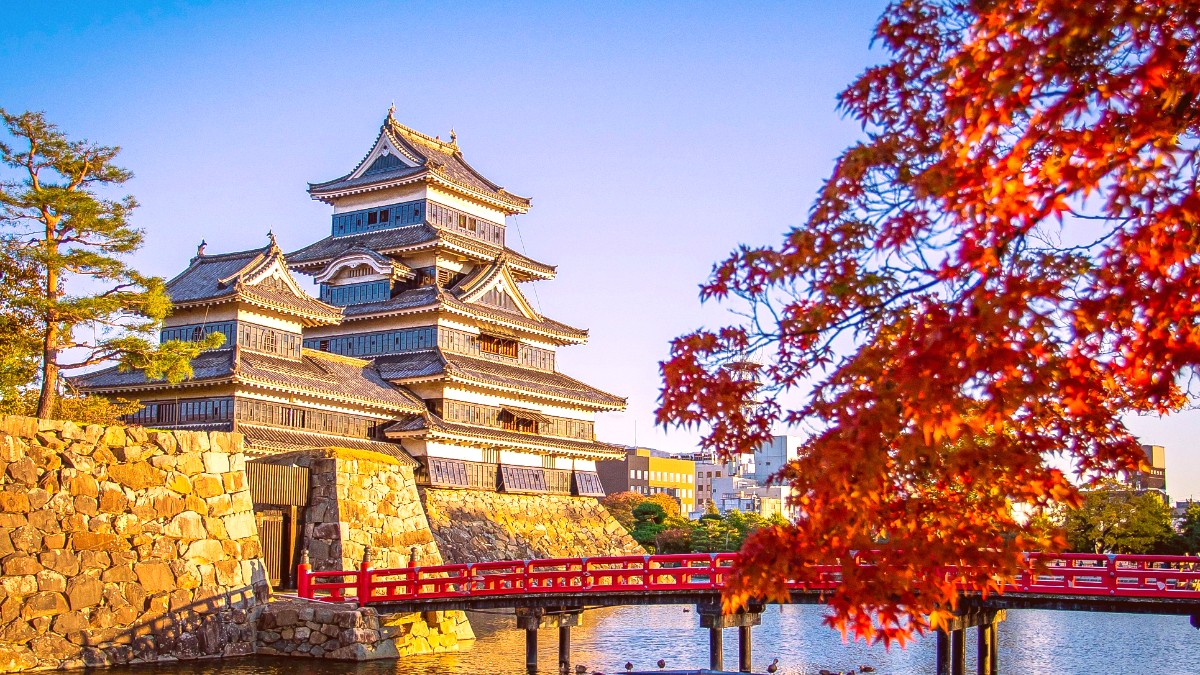
Central Honshu, Japan
Japan's major mobile carriers (NTT Docomo, Softbank, au) feature wide coverage and fast data speeds.
ESIMs offer increasing convenience, with digital profiles activated online before your trip.
Most hotels and ryokans in Matsumoto offer complimentary Wi-Fi in rooms and common areas, with generally good speeds.
Japan Post offices maintain efficiency and reliability for sending postcards or packages internationally.
Learning a few basic Japanese phrases will enrich your interactions.
Here is a guide to typical operating hours for various businesses and services in Matsumoto.
Shops generally open from 10:00 AM to 7:00 PM or 8:00 PM. Department stores and larger malls may stay open slightly later.
Lunch is typically from 11:30 AM to 2:00 PM. Dinner generally from 5:00 PM to 9:00 PM or 10:00 PM. Izakayas open later.
Attractions typically open 9:00 AM/10:00 AM to 5:00 PM (many close Mondays). Convenience stores usually open 24 hours.
Banks generally operate from 9:00 AM to 3:00 PM, Monday to Friday. They close on weekends and public holidays.
Mountain routes, like those to Kamikochi and Norikura Eco Line, close during winter (typically November to April/May) due to heavy snow, limiting high-altitude access.
Confirm specific operating hours and availability directly with attractions and services, especially during national holidays or specific seasons.
Interacting respectfully with local customs and traditions enriches your travel journey and nurtures positive relationships.
Bowing is a common form of greeting and showing respect. A slight bow typically suffices for visitors.
Casual and neat clothing is generally acceptable for daily wear. Avoid overly revealing attire.
Tipping is not customary in Japan and might be misunderstood or seen as impolite; service is included in the price.
General photography in public spaces and outdoor scenery is fine.
Accessibility infrastructure in Japan is showing progress, specifically in major cities and newer facilities. Older sites may present challenges.
Major train stations, including Matsumoto Station, feature elevators, escalators, and accessible restrooms.
Matsumoto Castle's exterior and grounds are largely accessible. The interior of the main keep has very steep, narrow wooden stairs.
Public transportation often includes auditory announcements for visually impaired individuals.
The Japan National Tourism Organization (JNTO) offers general information on accessible travel in Japan via its website.
Inquire directly with service providers.